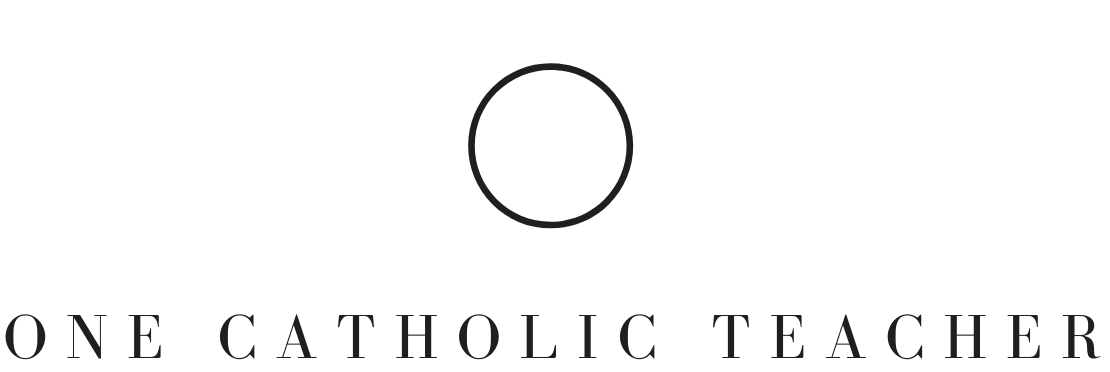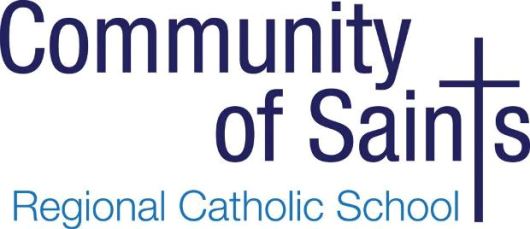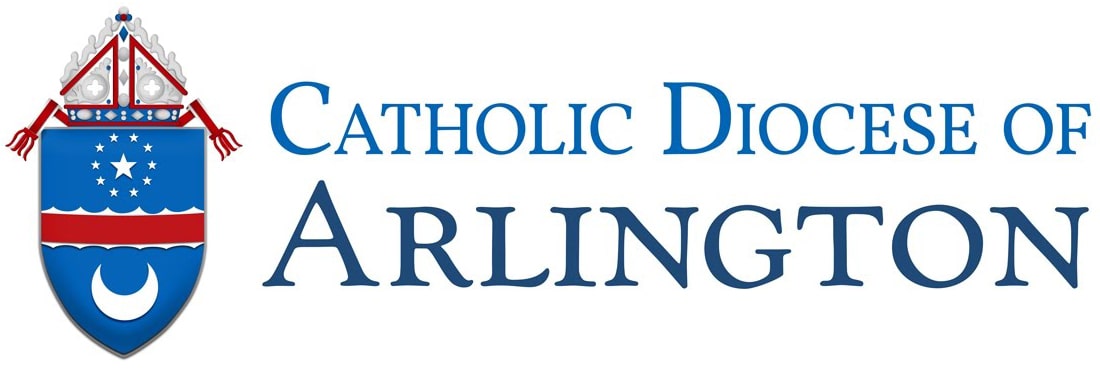
In today’s message I want to talk about the most powerful way we can manage the one or two students that we find it hardest to work with. There is much we can do in terms of classroom management but sometimes we need to use strategies that operate on a very different level. I also share some ideas about how every area of curriculum can be a way to help students encounter the wonder and mystery of God.
Praying for the student you like the least.
Well, hey everybody. Jonathan Doyle with you once again for The Catholic Teacher Daily Podcast, daily. People always say, “What do you find to come up with?” And I go, “Really? Do you think it’s not possible to find something awesome to say about God on a daily basis?” I mean, if that’s a problem, that’s a big problem.
So, it’s great to be with you. I hope you are aware that I have been incredibly blessed, and honored, and humbled to come and do the keynote at the NCEA Convention in Baltimore, Maryland in April. So, if you’re in the States and you’re hearing this, you’ve got to come to that. Okay? So NCEA.org, check out that. I would love you to be there. It’s just me and about 10,000 of my closest friends. It’s an incredible event, and I’m really praying that God’s just going to bless you and it’s just going to be awesome to be there. So, please check out NCEA.org. Come and check that out.
Listen, today I want to talk about two things quickly. As always, this is a short podcast. And I want to just say two quick things. I want to talk to you about intercessory prayer and the Catholic teacher. I don’t know if you have this, but all of us tend to have, in our teaching journey, one or two students who really push our buttons. We always have one or two students that are just so challenging. And I remember when I was teaching that there was always one that just really stretches you.
I’ve been saying for ages we need to get really good at praying for our students, really good at praying for the young people in our classrooms. See, sometimes we just can’t shift things in our own human capacity. Now yes, we need to use intelligence, and creativity, and professionalism, but sometimes in a teaching relationship or in the classroom, there are things that need to be shifted in a different realm. And that is what intercessory prayer is about. It’s just this decision on a daily basis to begin to really pray for your students and, often, to really pray for grace for a particular one. So, just a very simple idea.
So, I’m in the studio this morning. I had a great time of morning prayer and that prayer for me, there’s a significant part of that prayer I really pray for other people. And it’s always been a huge part of the church’s faith, and the church’s belief, and the church’s practice. Every mass, what do we do? We have Prayers of the Faithful, where we actually ask God to help us with things. So, if it’s a part of the mass, it can be part of our daily life can it? Just this beautiful intercessory prayer.
So, if you’re stuck at the moment, if there’s a particular situation, it might be a parent or a colleague or another staff member, another student. Then double down into intercessory prayer. And that just simply means that you bring them before God, you ask for what you need. I find the rosary incredibly powerful for this. It just helps me have a structure around it. So, that’s the big thing. Intercessory prayer, right? Get after it with that particular student.
Now, very quickly, the other thing I want to talk about is today’s reading from mass is from the Book of Wisdom. This week we’ve been working through the Book of Wisdom. And today’s reading reminds you a bit of, you may have heard of it in Romans 2, where Saint Paul says that people could see the amazing glory of God all around them in what was created, but they didn’t understand that it was a reflection of the creator.
See, the readings today from Wisdom, it says that all people were by nature foolish who were in ignorance of God, and who, from the good things seen, did not succeed in knowing Him who is. And from studying the works did not discern the artist. Now, it goes on, but it’s this basic principle that we can tell so much about God from the created world around us. And I just want to plant an idea in your head.
In Catholic education theory we call this integral formation, which is the idea that all subjects, all knowledge, can be used to bring young people into a deeper awareness of Jesus. What they’re saying here is that nature, that the beauty of nature, can be an incredible vehicle for people reflecting on the attributes of God. What does this mean for you? It means you might be teaching art or literature or music or sport or science, but you can use it in a way that helps young people understand the beauty of God and his creation.
This morning my son Aiden, who’s 10, I’ve been working with him for the last week on a science experiment. We’re studying friction and inertia, and he’s going to do an experiment today in front of his class, which is going to be great. But in the study we’ve been learning about Sir Isaac Newton, and mechanics, and this stuff. And it’s a beautiful way just to help him understand an ordered universe. A universe that has a format, and a structure, and a purpose.
And it doesn’t have to be a great big thing we don’t have to hammer kids over the head with it. It’s just this way of helping them see beautiful artwork, helping them go for a walk in nature. When I was teaching, I seriously used to take my kids to botanical gardens. I used to help them with prayer. I used to teach them about prayer in botanical gardens, where they could sit in these beautiful places. All right?
So, two things today. What do we got? Intercessory prayer, praying for that student that’s really rattling your cage. And secondly, this important concept of finding a way to bring the beauty of creation, the beauty of God, and the beauty of Jesus into every single thing we do as a Catholic teacher.
All right friends, that’s it for me. Come and find me. Instagram, jonathandoyle47, just jump on Instagram, jonathandoyle47. And Twitter, you can find me at @beingcatholic1 . Just do a search for Jonathan Doyle or @beingcatholic1 , and you’ll find me there. Come and join our Facebook group,Passionate Catholic Teachers.. Just drop that in, Passionate Catholic Teachers. If you want to book me to speak, if you want to find out more about what I’m doing, just go to beingcatholic.com.au and you’ll find my stuff there. All right friends, God bless you. Going to pray with you quickly.
Father God, how good are your teachers? I just thank you for the beautiful gift of every Catholic teacher for their, yes. I ask you to sustain them through this day. Ask you to get them praying in an intercessory way. I ask you, Holy Spirit, to open their hearts to seeing the movement of God in every subject, and finding ways to bring the beauty of faith into every class.
God bless you everybody. Make sure you’ve subscribed to this and do me a favor, share this with some people. My name is Jonathan Doyle. This has been The Catholic Teacher Daily Podcast, and I’ll have another message for you tomorrow.













0 Comments